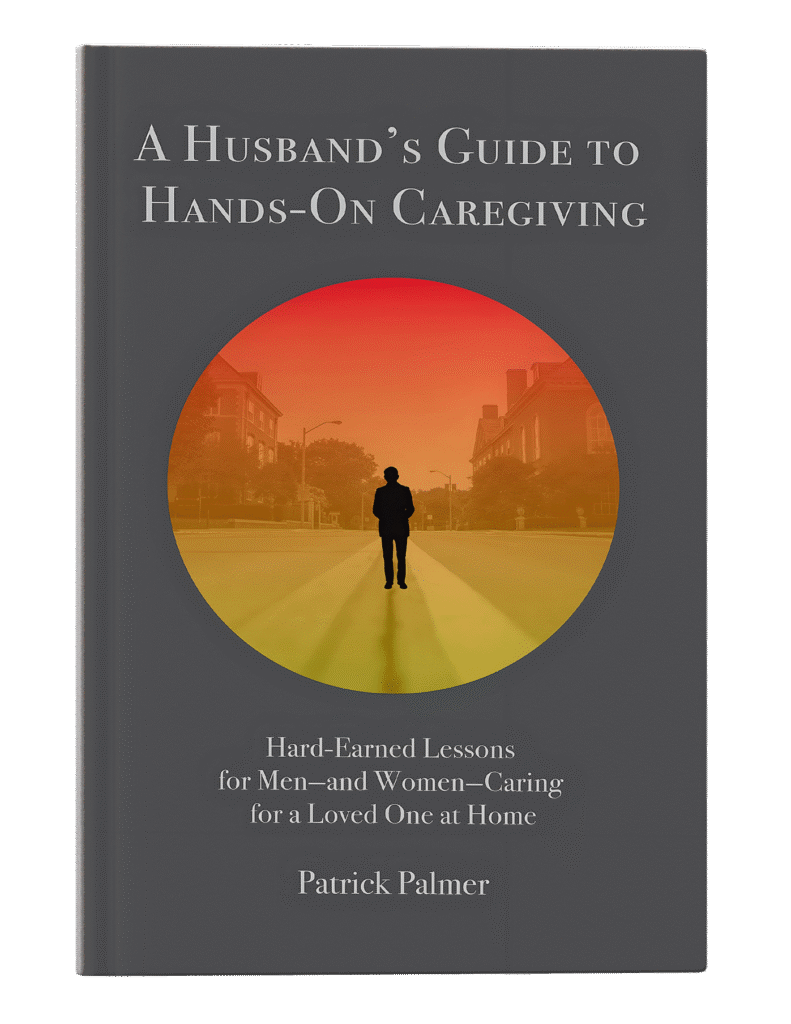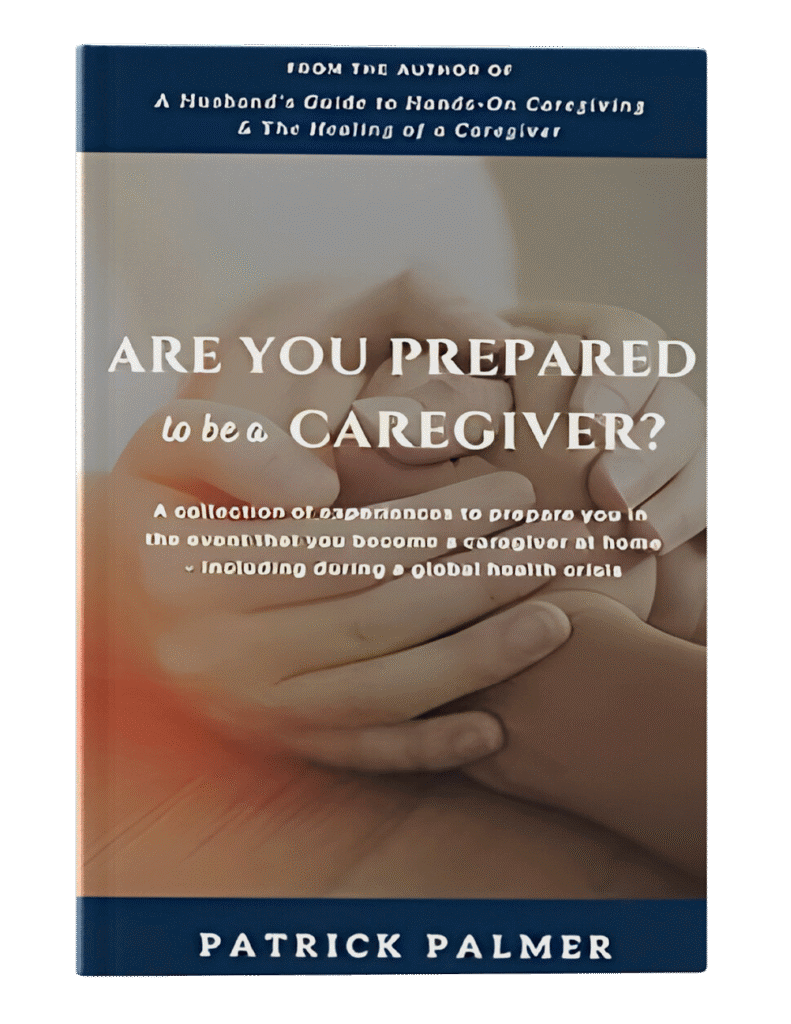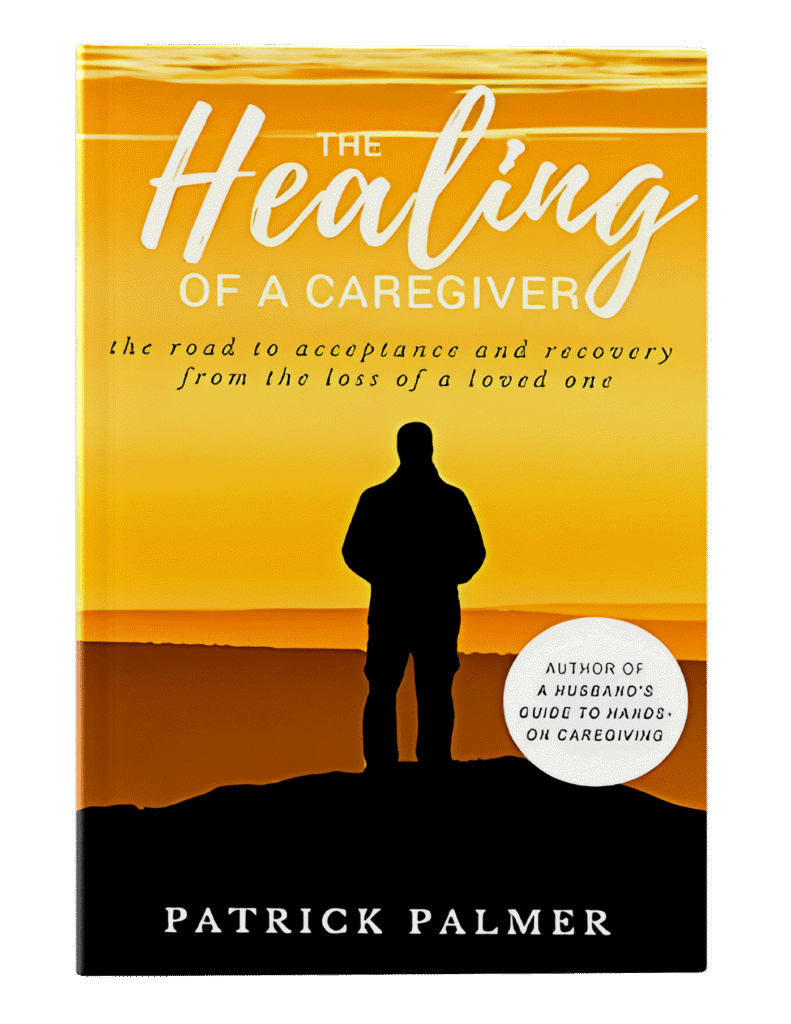We all want the best for our loved ones, especially when they need a helping hand. But sometimes situation can be difficult and even a dedicated carer can worry that they aren’t enough. Maybe you feel overwhelmed, or maybe you just don’t know what exactly qualifies as “neglect.” This blog is here to clear things up! We will break down the legal aspects and answer the question: Can a caregiver be charged with neglect?
Let’s explore the negligence in detail and make sure everyone – including you and the person you care for – feels safe and secure.
Understanding when a caregiver can be charged with neglect helps everyone involved avoid legal and emotional consequences.
CAREGIVER BE CHARGED

The scope of neglect
Neglect occurs when the caregiver fails to provide the care the recipient needs. This often includes older people in care homes who are unable to care for themselves. Simply neglect means not providing the necessary care and attention that should be done, leading to the person’s suffering.
Following are the most common negligence scenarios:
Not supplying essential necessities such as food, water, clothing, and shelter.
Not administering medications or treatments as directed by a doctor.
Allowing the person to live in substandard or dangerous conditions.
Failing to pass on crucial information, especially if it causes harm to the care recipient.
Neglected caregiving can occur even without a written contract. If a person has even verbally agreed to care for a vulnerable person, and then fails to provide adequate care, this can be considered negligence. However, the caregiver’s responsibility is limited to only what they have agreed to do for them. For example, if a family hires a casual caregiver to spend the afternoon with the seniors, chat, prepare meals, and do light housework, that caregiver must take reasonable steps to protect the client’s health, such as calling 911 in an emergency. However, they will not perform medical tasks that require specialized training, such as using oxygen or chemotherapy.
These examples show how serious neglect can be — in some cases, caregivers are charged with neglect even when the intent was not malicious.

Who Should Report Negligence and Who Can Be Charged with Neglect?
Any person whether a family member, friend, neighbor, or from a caregiver agency has witnessed the negligence according to most state laws they are obliged to report it. Failure to report neglect is considered a misdemeanor crime in the majority of states. The offender may then be liable for the victim’s losses and may be required to pay costs, including hospital bills and attorney’s fees.
Following people can be charged with neglect:
Nursing home staff
Caregivers who live with the recipient
Those who provide respite care
Medical professionals
Relatives or friends who have assumed legal responsibility for the elder
It is crucial to know that attempting to care for an elderly person without authorization may be a violation.
Legal Penalties for Being Charged with Neglect
A charge of neglect can result in a monetary fine, a short jail sentence, or both. Caregiver neglect can have serious consequences, both civil and criminal. In civil cases, the caregiver may be fined and ordered to pay compensation to the sponsor and their family. This may include compensation for medical expenses or emotional distress sometimes double the actual loss and it also includes the attorney fees.Being charged with neglect doesn’t just carry legal weight — it can also damage your career, reputation, and personal life.In more severe cases, the caregiver could be charged with a crime and prosecuted.
Why both parties should take the help of an elder care attorney?
If you or a loved one has been the victim of neglect hiring an elder care attorney can help you seek compensation. This can cover medical expenses, pain, suffering, and so on.
On the other hand, if the charges are false or misunderstood caregivers can also hire an attorney for the defense. Following are the most appropriate defenses used in courts:
Questioning Evidence: A lawyer can help you question the sufficiency and credibility of the evidence offered.
Lack of Intent: Caregivers may point any unintentional neglect to factors beyond their control. This defense cites legal precedents to show that there was no ill intention.
Reasonable Care: Sometimes external factors such as resource shortages, medical conditions, and emergencies can affect the caregiver’s level of care. A lawyer can help argue that the caregiver provided reasonable care given the circumstances.
In both cases, hiring an attorney can assist you navigate the legal system, ensuring that your rights are protected and you get the best possible result.
Last Words
Despite being a noble action, caregiving is an exhausting and frustrating task whether paid or unpaid and sometimes this situation can lead to unintended negligence harming both the caregiver and the care recipient. That’s why it is necessary that we as a society should take charge and offer support to caregivers in this noble work so that these incidents can be minimized. Patrick Palmer is an author and a cancer research advocate who has written some amazing books for caregivers from his own experience. These books cover expert tips and provide emotional support to caregivers during any difficult situation.
Buy now and share with caregivers around you to raise awareness and tell them they are not alone.
Whether you’re seeking justice or defending yourself after being charged with neglect, legal representation is essential.





